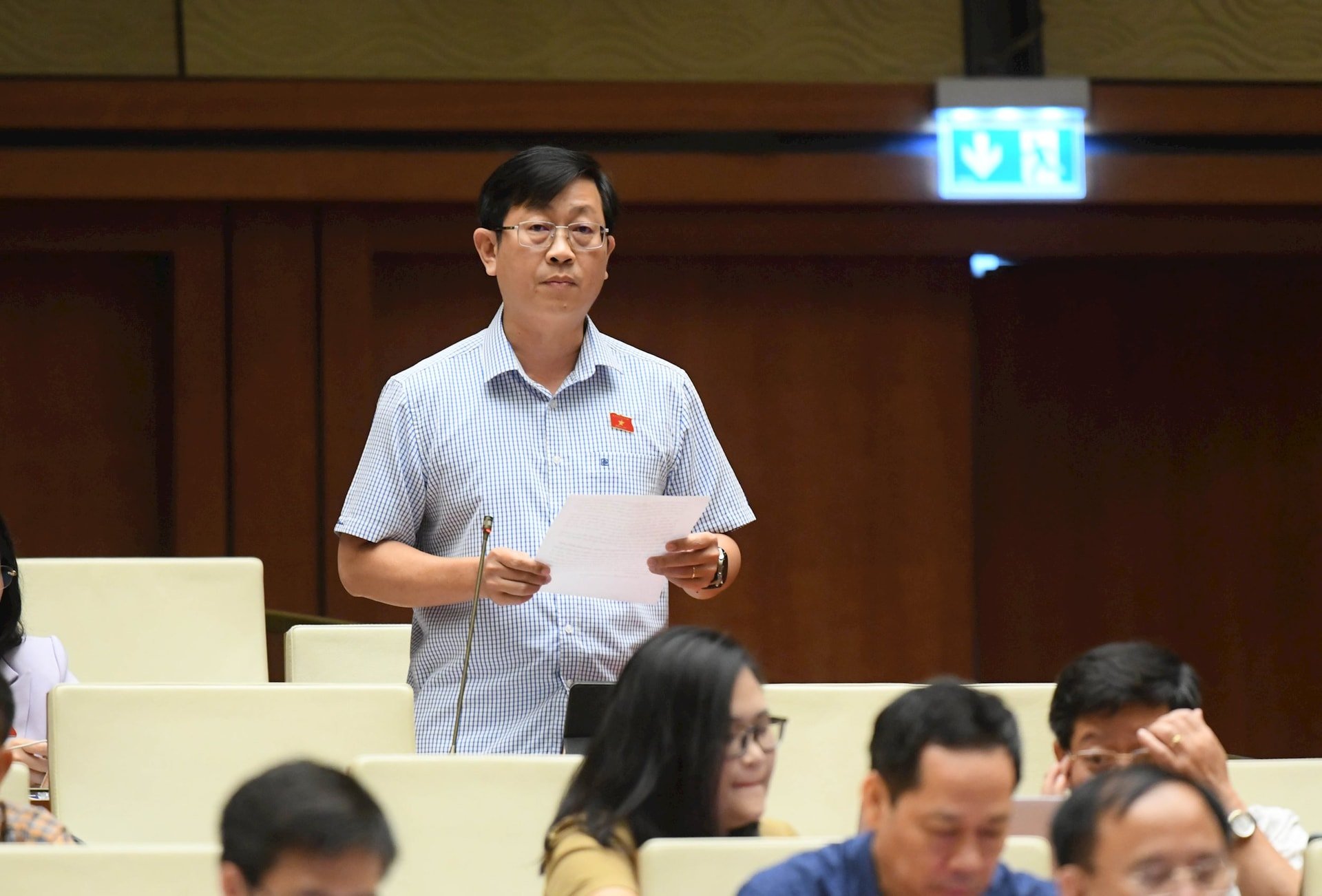
Giving specific comments on the responsibility of state management of product and goods quality (Article 6a), delegate Nguyen Huu Thong assessed that the draft clearly demonstrated the role and responsibility of the Government, the Ministry of Science and Technology , relevant ministries, branches and local authorities in improving the effectiveness and efficiency of state management. However, according to the delegate, the current regulations are still inadequate as they lack a mandatory mechanism for sharing management data between agencies; at the same time, they do not clearly define the responsibility for handling cases where there is no timely warning of risks of poor quality and counterfeit goods - a factor that has caused the response and warning work in practice to be slow and ineffective. Therefore, the delegate recommended that the drafting agency should supplement mandatory regulations on data sharing between state agencies on a shared digital platform, and at the same time stipulate specific sanctions for violations of this obligation. This is a solution to increase connectivity and overcome the situation of "overlapping management and lack of connectivity" in controlling the quality of products and goods.
Regarding traceability and supply chain transparency (Article 7c), according to delegates, the provisions in this draft strongly encourage the application of digital technology, traceability, transparency of production processes and product circulation, which are important tools to combat counterfeit goods and protect consumers. However, the draft regulations only stop at the "encouraging" level, not mandatory for high-risk goods such as food, pharmaceuticals, cosmetics, agricultural supplies, etc. These are areas where counterfeit and poor-quality goods are rampant today.
To minimize the situation of counterfeit, fake and poor quality goods entering the market, affecting the interests of consumers and businesses, especially for groups of goods that directly affect the health and lives of consumers, delegates proposed to add regulations requiring the implementation of a traceability system for the above-mentioned high-risk groups of goods and assign the Government to specify the list and roadmap for mandatory implementation; at the same time, combine periodic inspections and post-inspections and publicly announce them on the National Traceability Information Portal.
Regarding the responsibility of e-commerce trading floors (Article 44b), according to delegates, the content of this regulation is a big step forward when it first codifies the responsibility of e-commerce trading floors in controlling the quality of goods, which is very necessary in the context of e-commerce booming, becoming a popular channel for the consumption of counterfeit goods as it is today. However, through research, delegates still have concerns about a number of issues, such as: Whether the regulation that e-commerce trading floors have the obligation to verify seller information, prevent counterfeit goods, etc. is beyond the technical capacity and legal authority of these e-commerce trading floors, because these businesses do not have the function of investigation, inspection or authority to intervene in the supply chain of goods. If bound by this regulation, businesses may be pushed into a difficult position to implement, and face potential legal risks.
On the other hand, the obligations to verify seller information, prevent counterfeit goods, etc. have been clearly stipulated in a number of laws and decrees such as the Law on Consumer Protection 2023; draft Law on E-commerce; Decree 52/2013/ND-CP, Decree 85/2021/ND-CP, etc. Therefore, continued adjustments in the Law on Product and Goods Quality may cause duplication and contradictions during implementation. Therefore, delegates suggested that the drafting agency should continue to carefully review the provisions of this Article to avoid conflicts and overlaps with current legal provisions.
Comments on product and goods quality surveys (Article 44d), according to the delegate, the addition of goods quality survey activities is very suitable for current practice, aiming at prevention, early warning, helping to improve post-inspection activities which are still formalistic. However, the delegate said that the draft has not specified the frequency and rate of periodic surveys by industry; there are no regulations requiring the public announcement of survey results for consumers and businesses to monitor. Therefore, the delegate proposed to supplement regulations in the direction of specifically supplementing the frequency and rate of periodic surveys by industry; at the same time, publicly announcing the survey results on the National Quality Information Portal, to enhance responsibility and market transparency.
Source: https://baobinhthuan.com.vn/dai-bieu-nguyen-huu-thong-can-bo-sung-quy-dinh-chia-se-du-lieu-minh-bach-trach-nhiem-quan-ly-chat-luong-hang-hoa-130263.html









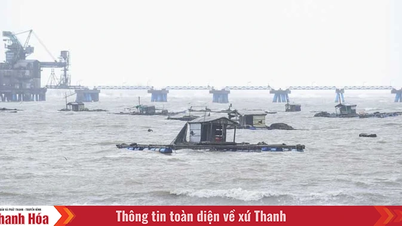
















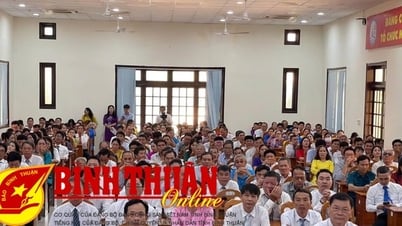










































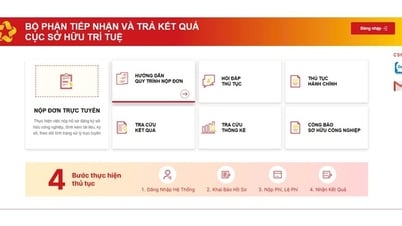

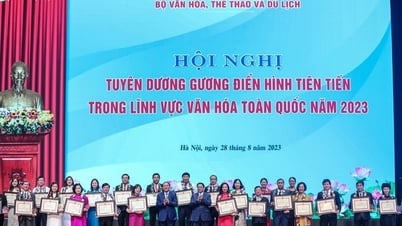






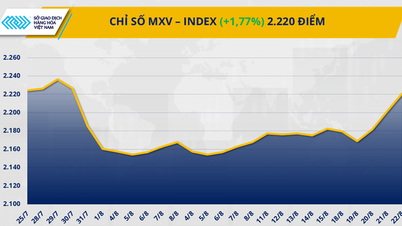



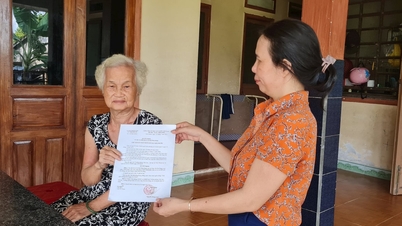
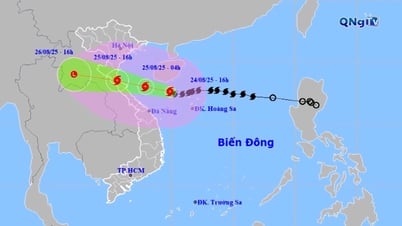











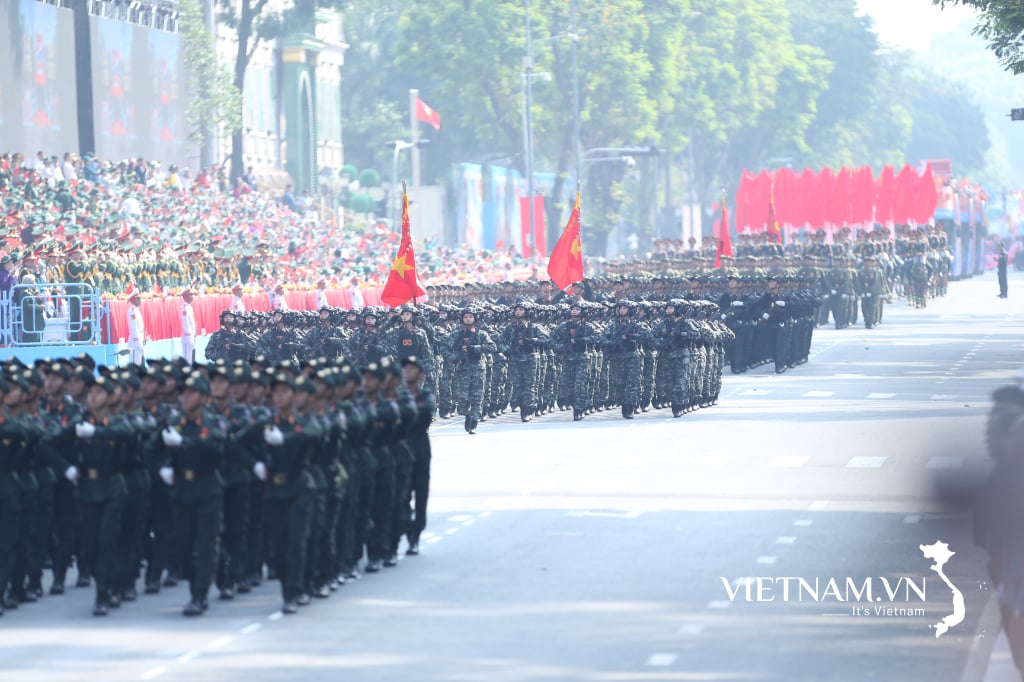


Comment (0)